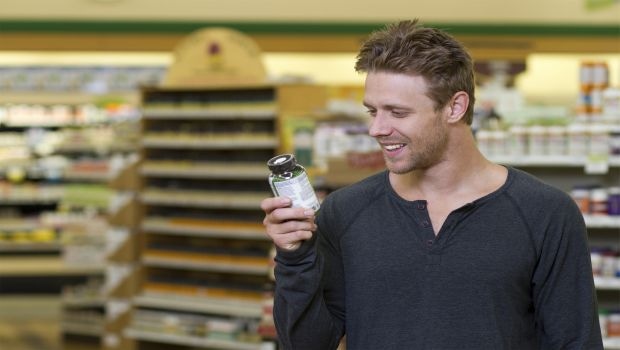The 10 things supplement shoppers need from brands
No. 10: If brands are spending money on quality, why not market those behind-the-scenes efforts?

The universal truth about people who are looking to purchase supplements is a desire to bring more balance in their lives. A number of elements comprise a much-desired healthy lifestyle—exercise, diet, sleep, community—and supplements tend to figure in there.
“Everyone is seeking balance,” said Nancy Coulter-Parker, director of content marketing at New Hope Network on behalf of the Inside the Bottle initiative. She presented new consumer data at Natural Products Expo West on how shoppers access supplements throughout their lives. “They may include dietary supplements to offset weaknesses and to help them in their quest for balance.”
The consumer surveys covered consumers ages 22-55 from nine states from coast to coast including Texas and Utah. Consumers were broken down into two primary groups—ages 22-34 and those between 35-55.
“We looked at what healthy living looks like for consumers,” said Coulter-Parker. “What are the drivers and barriers to supplementation.”
Some items, like overall balance, unite all age groups. Others are singular to either the younger or older cohort. Here’s other insights from the survey.
Education remains paramount, and this spells opportunity for brands and retailers alike. For younger groups, they start with multivitamins because they did as kids and usually their parents still take them. Beyond that, they think of supplements as related to weight loss or working out. But beyond that, they are uninitiated into the world of supplements. “They are not really sure where they can learn about supplements in part because they are not really clear what they are,” said Coulter-Parker. “They don’t always associated products such as melatonin with dietary supplements.”
Trust is part of the education journey. Who to turn to? For younger groups, they look online to influencers and Google. For older consumers, doctors and store educators suffice.
“If a trusted source recommends something, they’ll take it.”
For younger consumers, who have a relatively shallow educational foundation for supplements, they don’t know exactly where to look for information, and this is where brands can help.
“They looking for pragmatic language so they can understand what dietary supplements can do for them,” said Coulter-Parker.
Transitions cross all age groups. This is a perfect opportunity for brands to introduce health concepts depending on where consumers are in their lives. There’s the transition out of college, one to motherhood, another to getting older.
Healthy aging is the great uniter because nobody is getting younger and everyone is looking to maintain health.
“After their 20s,” said Coulter-Parker, “everyone is thinking about healthy aging.”
One of the great American fears is what the mainstream health care industry has to offer—and nobody is really interested.
Drugs. “People are trying to avoid taking pharmaceuticals.”
Pharma is a sign of a serious health issue, and people understand that an ounce of prevention is worth a pound of side effect-laden cures.
Clean products are important choices. Clean labels avoid chemical-sounding compounds, whether they be excipients that help hold supplements together such as titanium dioxide or magnesium stearate. This also leads consumers to natural products as a foundation, organic as a step-up, and now today the idea of regenerative agriculture is resonating.
“Plant-based products are important. They seek clean, plant-based products,” she said.
Transparency is vital in the information age. This is even more important if brands are not using clearly clean, plant-based ingredients. Even if brands are, consumers want to know about every step along the value chain, from the type and location of the farm, the health of the soil, certifications that vouchsafe quality standards, carbon footprint, lab testing results and more.
Quality speaks to these transparency efforts. If brands are spending money on any aspect of their supply chain, it behooves them to use that as an opportunity to educate shoppers about those efforts. Why spend money if not also to use it as a marketing opportunity?
“Money is a factor in purchasing decisions, but they are suspicious if something is too cheap,” she said. “They prize quality over price.”
Because consumers are not always confident about what they are taking, marketing and communications needs to be easy and accessible.
Consumer education is a long continuum, from those first entering the market and are not even sure about what ingredients do, to those who are veterans but want to see the research that backs ingredient and finished product efficacy.
“Education is an opportunity to reach them,” said Coulter-Parker. “They are trying to be their best selves.”
About the Author(s)
You May Also Like






.png?width=800&auto=webp&quality=80&disable=upscale)